Spinach (Spinacia oleracea) is a leafy green vegetable known for its high nutritional value and versatility in various culinary applications. It is an excellent source of vitamins, minerals, and antioxidants, making it a valuable addition to a healthy diet. Spinach can be grown in a variety of climates and soil types, making it a popular choice for both home gardeners and commercial farmers. This article outlines the methods for cultivating spinach and highlights its numerous health benefits.
Spinach Cultivation Method
Choosing the Right Location Spinach grows best in cooler temperatures and is a hardy plant that can withstand light frosts. Ideally, spinach should be planted in early spring or late summer, depending on the climate. For a fall crop, spinach should be planted when temperatures begin to cool after the heat of summer has passed. It is important to choose a location that receives partial to full sunlight, as spinach requires at least 4 to 6 hours of sunlight per day.
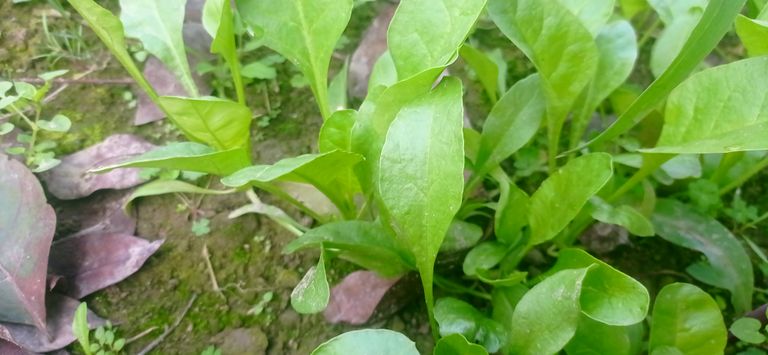

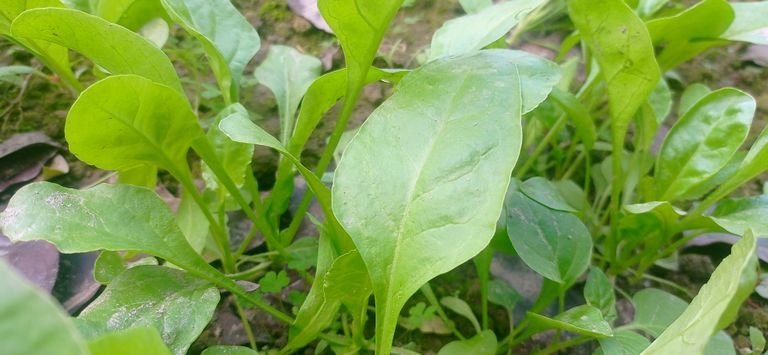
Soil Preparation Spinach thrives in well-drained, fertile soil rich in organic matter. The ideal pH level of the soil should be between 6.5 and 7.0, slightly alkaline to neutral. Before planting, it is recommended to amend the soil with compost or well-rotted manure to enhance its fertility. If the soil is too acidic, adding lime can help raise the pH level.
Seed Selection and Planting Spinach can be grown from seeds, which can be purchased from garden centers or online. Select a variety that is suitable for your growing conditions. There are different types of spinach, including smooth-leafed, savoyed (curly-leafed), and semi-savoyed varieties. The seeds should be sown directly into the soil, about 1/2 inch deep, with a spacing of 2-4 inches between seeds. Rows should be spaced 12-18 inches apart to allow for good airflow and easy harvesting.
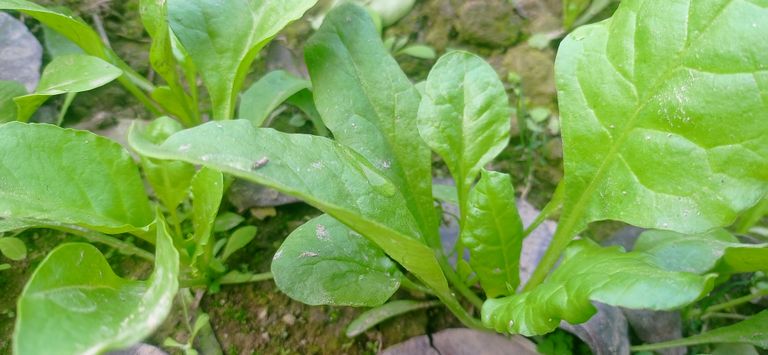
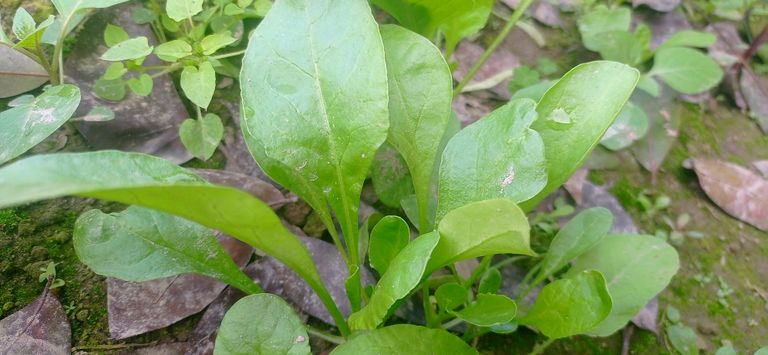
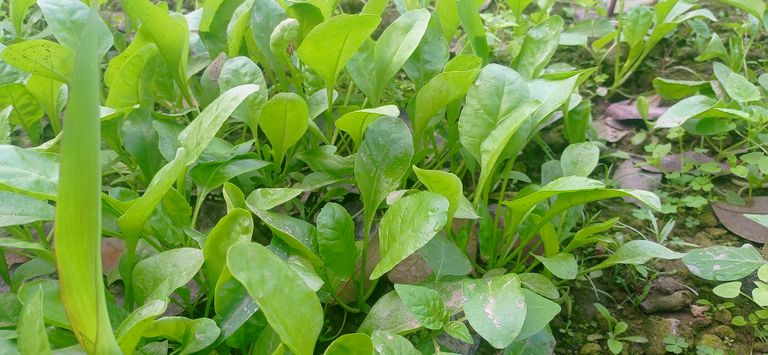
Watering and Irrigation Spinach requires consistent moisture to grow well. It is important to keep the soil evenly moist but not waterlogged, as excess water can lead to root rot. Drip irrigation or soaker hoses are ideal for providing moisture directly to the soil while minimizing wetness on the leaves, which can increase the risk of fungal diseases.
Thinning and Maintenance After the seeds have germinated and the plants are large enough to handle, thin them out to avoid overcrowding. Space the plants about 4-6 inches apart to ensure that they have enough room to grow. Regularly remove weeds that can compete for nutrients and water, and consider mulching around the plants to help retain moisture and suppress weed growth.
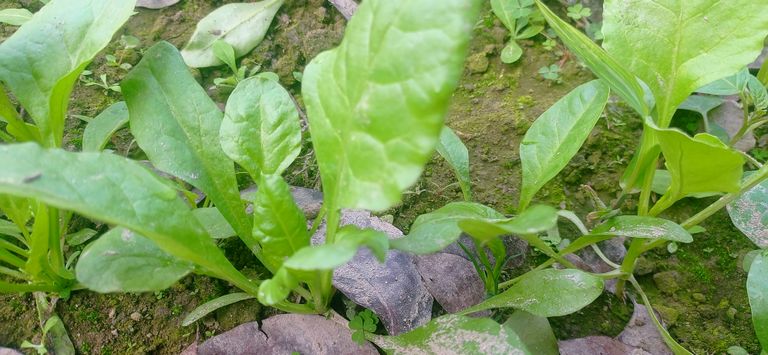
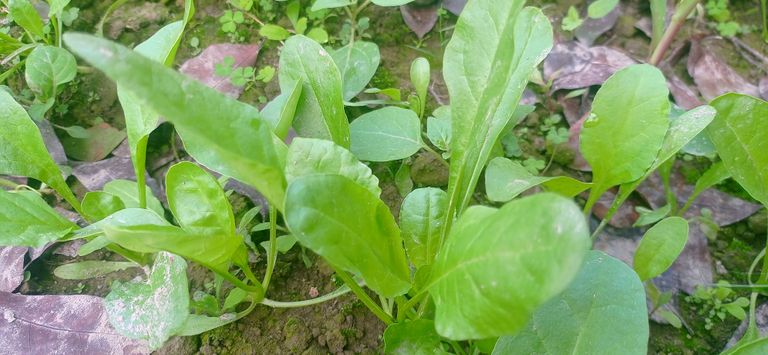
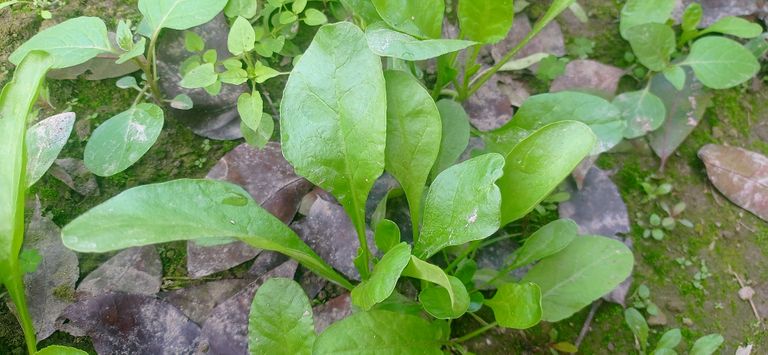
Fertilization Spinach is a heavy feeder, requiring adequate nutrients to thrive. While compost may provide some necessary nutrients, it is often beneficial to apply a balanced fertilizer during the growing season. A fertilizer high in nitrogen is particularly useful for promoting healthy leaf growth. Be cautious not to over-fertilize, as too much nitrogen can lead to excessive leaf growth and poor flavor.
Pest and Disease Management Spinach is prone to several pests and diseases, including aphids, leaf miners, and downy mildew. Regularly inspect plants for signs of damage and treat pest infestations promptly with organic insecticides or by removing affected leaves. Proper spacing and good air circulation help prevent fungal diseases, while crop rotation can minimize soil-borne pathogens.


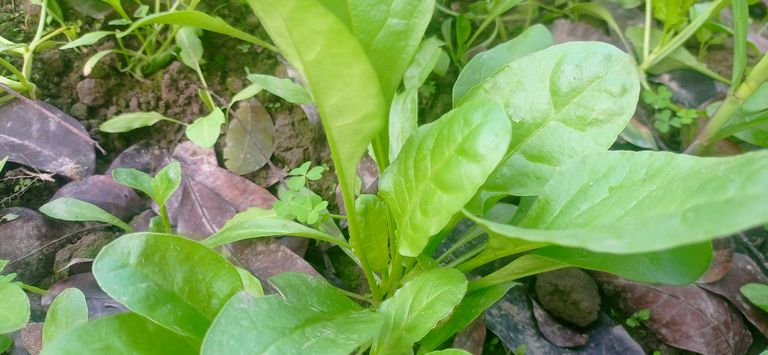

Harvesting Spinach leaves can be harvested as soon as they reach a usable size, typically about 4-6 weeks after planting. Harvesting can be done by picking individual outer leaves, allowing the center of the plant to continue growing, or by cutting the entire plant at once. For a continuous harvest, you can stagger plantings every 2-3 weeks.
Food Benefits of Spinach
Spinach is one of the most nutrient-dense vegetables available, offering a wide range of health benefits. Some of the primary benefits include:
High in Nutrients Spinach is an excellent source of vitamins A, C, and K, which are crucial for maintaining healthy skin, immune function, and proper blood clotting. It is also a good source of folate, which is important for cell growth and metabolism, especially during pregnancy.


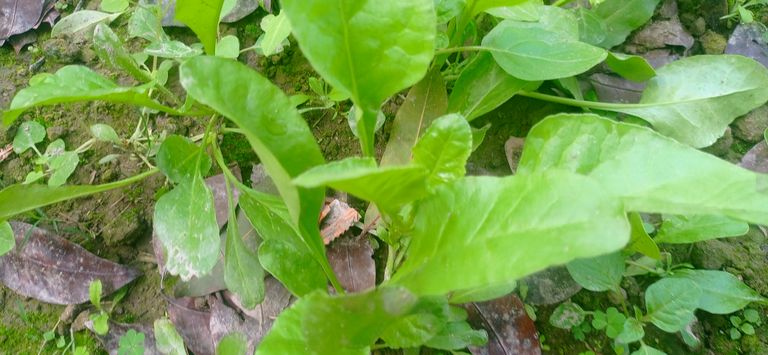
Rich in Antioxidants Spinach contains powerful antioxidants, such as flavonoids, carotenoids, and vitamin C. These antioxidants help protect the body from oxidative stress caused by free radicals, which can lead to chronic diseases and premature aging. The carotenoids in spinach, such as lutein and zeaxanthin, are particularly beneficial for eye health and may help reduce the risk of cataracts and macular degeneration.
Supports Heart Health The high levels of potassium and magnesium in spinach are beneficial for maintaining a healthy heart. These minerals help regulate blood pressure, improve blood circulation, and reduce the risk of cardiovascular disease. Additionally, spinach is rich in nitrates, which have been shown to help lower blood pressure and improve arterial function.
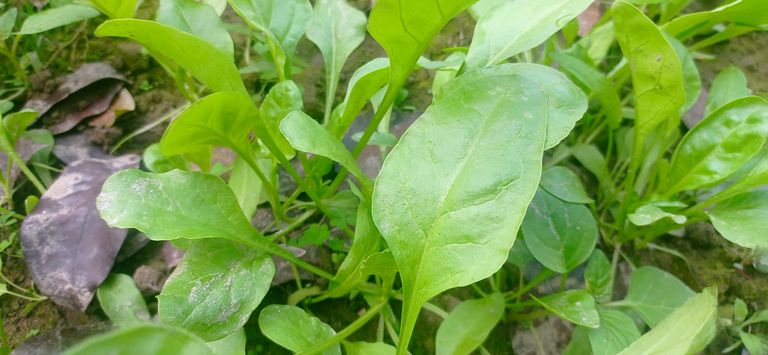
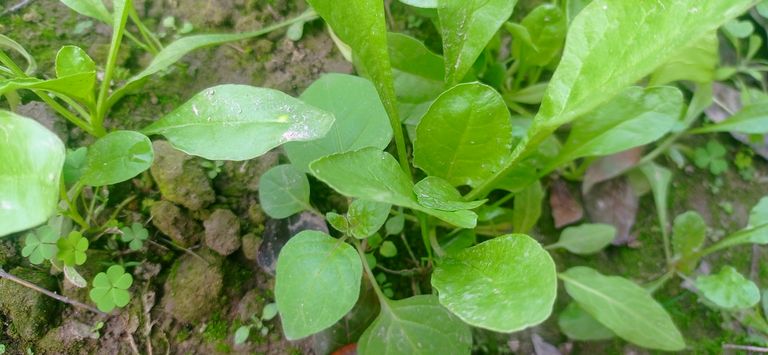

Good for Bone Health Spinach is a good source of vitamin K, which plays a crucial role in bone health by promoting calcium absorption and bone mineralization. This helps reduce the risk of osteoporosis and fractures, especially in older adults.
Promotes Digestive Health Spinach is high in dietary fiber, which is essential for maintaining a healthy digestive system. Fiber helps prevent constipation, supports regular bowel movements, and may lower the risk of developing digestive disorders like diverticulosis.
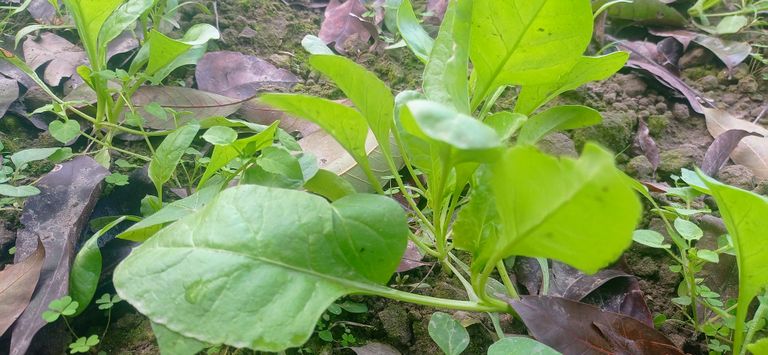
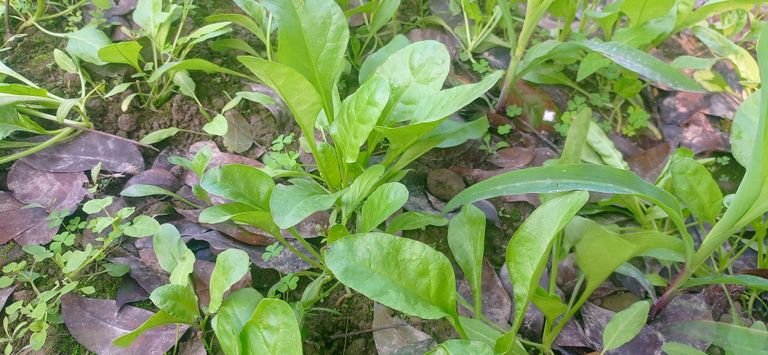
Weight Loss and Satiety Spinach is low in calories and high in fiber, making it an excellent food choice for those looking to lose weight or maintain a healthy weight. The fiber content helps increase feelings of fullness and satiety, reducing the likelihood of overeating.
Anti-Inflammatory Properties The antioxidants and phytochemicals in spinach have anti-inflammatory effects, which can help reduce the risk of chronic inflammatory diseases such as arthritis, heart disease, and certain cancers.
Video Credit
smart Agro planning channel
Spinach is a versatile and nutritious vegetable that is easy to grow and offers a wide array of health benefits. Whether you are growing it in your garden or purchasing it from the store, incorporating spinach into your diet can contribute to better overall health. Its rich nutrient profile, combined with its antioxidant, anti-inflammatory, and heart-healthy properties, makes it a valuable food for supporting long-term wellness.
So far Today...
Stay Home
Thanks for Your Time Friend.
♥♥♥♥♥♥
Ok
See you Again in a New blog.
Thanks for being with me.
Plese Follow Me......
@mspbro
★★To contact me★★
Subscribe My 3speak Channel https://3speak.online/user/mspbro
Follow me Twitter https://twitter.com/mdsumonpra
Add me Facebook https://www.facebook.com/sumon.mim84